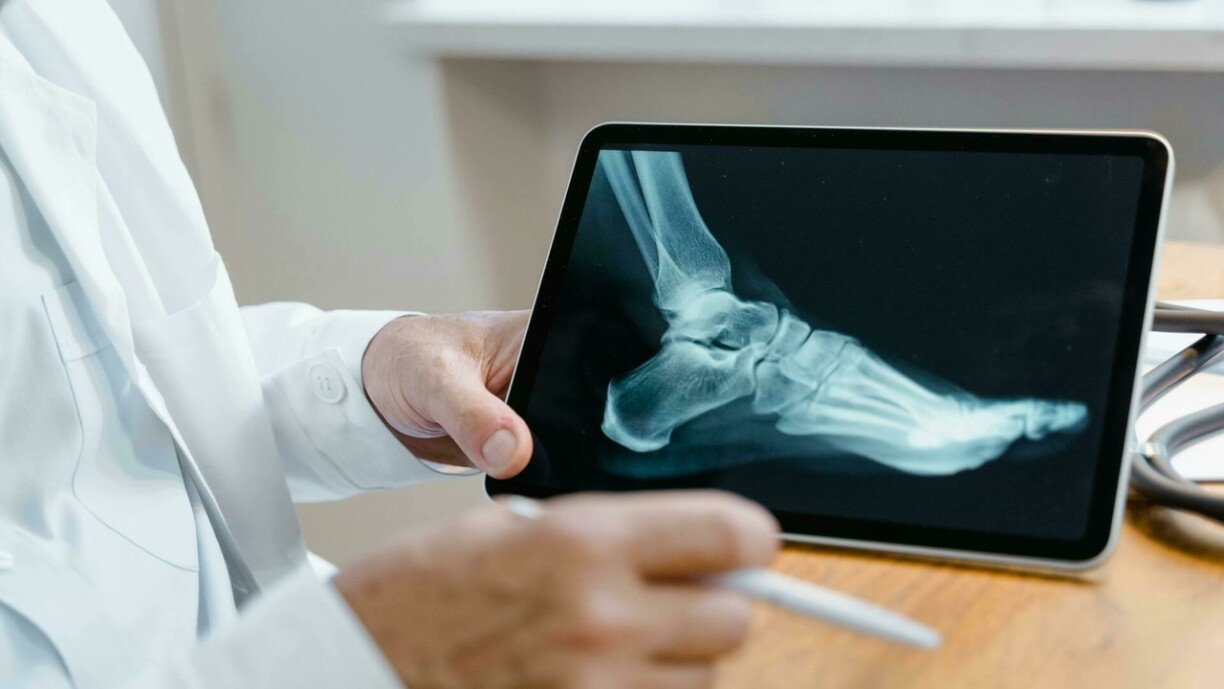
Artificial Intelligence is rapidly becoming an indispensable tool within Luxembourg’s healthcare system, with hospitals indicating its adoption is shifting from optional to obligatory.
While AI is already common in customer service chatbots and data-intensive sectors like finance, its integration into clinical settings is a more recent development. Luxembourg’s hospitals are now actively exploring and implementing this technology to enhance patient care.
The Centre Hospitalier Emile Mayrisch (CHEM) is clear about the trajectory. The hospital states that AI’s prevalence is growing and it is “almost certain that in the near future, the use of AI will no longer be an option, but a duty – indeed, even an obligation under the code of professional conduct and medical law.”
CHEM has been utilising AI for several months, primarily in the field of medical imaging, where it has reportedly been highly successful. For instance, the technology assists radiologists in detecting fractures. “However, it is important to stress that this is only a solution that supports the radiologist’s judgement, without ever compromising or replacing their decision,” a CHEM spokesperson clarified, emphasising that the physician’s expertise remains central to all clinical decisions.
The Centre Hospitalier du Nord (CHdN) in Ettelbruck expressed a similar outlook. Officials there noted AI’s potential to partially predict disease progression, such as in cardiac care, and to aid in comprehensive diagnostics. Mirroring CHEM’s position, CHdN stressed that AI serves solely as a support tool for doctors and cannot replace traditional diagnosis.
Hospital staff have reportedly welcomed these AI integrations positively. Both institutions confirm that the new tools were rigorously evaluated beforehand for their clinical utility, ethical implications, and data security compliance.
The CHdN notes that studies indicate strong doctor approval for AI, though a frequent request is for more comprehensive training. Dr Briganti, an AI expert at CHdN, highlighted an additional benefit: by assisting with administrative duties, the technology can free up valuable time for medical professionals to dedicate to patient care.
The Hôpitaux Robert Schuman (HRS) confirmed that their primary application of AI is also in radiology for image analysis. However, the group is actively exploring other avenues. Potential future uses include streamlining administrative workflows through text processing, translation services, documentation support, and expedited internal database searches.
HRS is also monitoring emerging technologies like “ambient listening” for automated documentation and AI-driven warning systems. “Ambient listening” designates a technology that can listen to doctor-patient conversations and generate clinical notes automatically. The hospital group’s press office stated that the overarching goal of all new technology is to “reduce the workload of employees and make processes more efficient.”
A consensus remains across all hospitals: AI-generated information must still be reviewed and validated by specialist medical staff. There is currently no alternative to this human oversight.
The implementation of these technologies is governed by a strict framework for data protection and IT security. Any interaction between AI and patient data occurs under “strictly regulated conditions,” primarily within approved research partnerships supervised by the National Ethics Committee, such as those with the Luxembourg Institute of Health (LIH).
The rapid pace of AI development marks a crucial phase for the healthcare sector, a transition closely monitored by the Luxembourg Hospital Federation (FHL).
In response, the FHL has recently established a dedicated working group. According to CHEM, this group’s mandate is to support the nation’s hospitals in facilitating the “responsible and controlled use of AI tools.”
The topic will also be a central focus during Healthcare Week on 7 and 8 October, which will feature dedicated conferences on “Artificial Intelligence in Hospitals.”